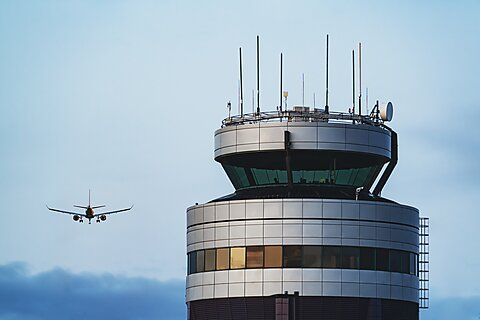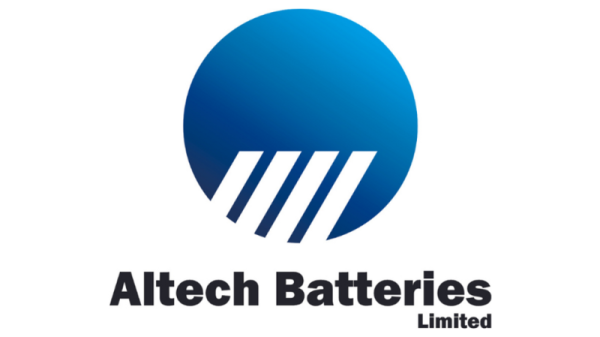Romina Boccia
The Federal Aviation Administration (FAA) has a chronic air traffic control (ATC) staff shortage because government control leads to a classic concentrated-benefits, diffuse-costs failure.
The FAA relies on a single training academy for new controllers. It’s in Oklahoma—and Oklahoma legislators like it that way. As reported by the Washington Post, “Last year, a U.S. Senate committee approved a bipartisan plan to build a second academy to address the long-standing shortage of air traffic controllers.… But the new academy was later nixed amid opposition from Oklahoma’s members of Congress, who said the money would be better spent bolstering the existing facility.”
This is a perfect example of the interests of a small, concentrated group of beneficiaries trumping the much greater, diffuse costs borne by millions of travelers. Parochial legislators are protecting a local monopoly even if doing so means subjecting the entire nation to flight delays and unnecessary safety risks from an understaffing issue of the government’s own making.
This shortage became most acute during the recent government shutdown, with understaffing accounting for half of all flight delays on certain days—10 times the normal rate. As both Economic Policy Innovation Center scholar David Ditch and Cato Institute scholar Chris Edwards argue, Americans need a modernized aviation system insulated from the budget-driven chaos of a dysfunctional Congress. The best way to do this is by privatizing ATC, following the Canadian model. “Canada is one of many examples” where privatizing ATC “achieved positive results,” writes Ditch. As Edwards points out, since privatizing ATC in 1996, Canada has become a “global leader in delivering top-class performance” while reducing consumer costs by over one-third from 2006 to 2016. This has placed it at the “forefront of the industry’s air navigation service providers.”
Separating ATC operations from the failing FAA and adopting the Canadian model would give the industry the flexibility to recruit and train new talent, the incentive to improve efficiency, and the funding stability needed to pursue leading-edge innovation.























